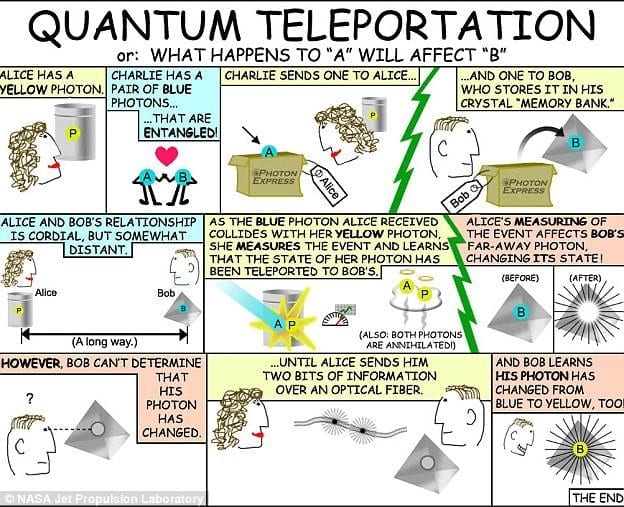
Most of us don’t save enough. When governments try to encourage saving, they usually enact big policies to increase the incentives. But, in Kenya, people were given a lockable metal box — a simple place to put their money. After one year, the people with metal boxes increased savings by so much that they had 66 percent more money available to pay for health emergencies. It would have taken a giant tax reform to produce a shift in behavior that large.
Too many people die in auto accidents. When governments try to reduce highway deaths, they generally increase safety regulations. But, also in Kenya, stickers were placed inside buses and vans urging passengers to scream at automobile drivers they saw driving dangerously.
The heckling discouraged dangerous driving by an awesome amount. Insurance claims involving injury or death fell to half of their previous levels.
These are examples of a new kind of policy-making that is sweeping the world. The old style was based on the notion that human beings are rational actors who respond in straightforward ways to incentives. The new style, which supplements but does not replace the old style, is based on the obvious point that human beings are not always rational actors. Sometimes we’re mentally lazy, or stressed, or we’re influenced by social pressure and unconscious biases. It’s possible to take advantage of these features to enact change.
For example, people hate losing things more than they like getting things, a phenomenon known as loss aversion. In some schools, teachers were offered a bonus at the end of their year if they could improve student performance. This kind of merit pay didn’t improve test scores. But, in other schools, teachers were given a bonus at the beginning of the year, which would effectively be taken away if their students didn’t improve. This loss-framed bonus had a big effect.
People are also guided by decision-making formats. The people who administer the ACT college admissions test used to allow students to send free score reports to three colleges. Many people thus applied to three colleges. But then the ACT folks changed the form so there were four lines where you could write down prospective colleges. That tiny change meant that many people applied to four colleges instead of three. Some got into more prestigious schools they wouldn’t have otherwise. This improved the expected earnings of low-income students by about $10,000.
This is a good read on the whole area: What Next for Behavioural Economics?
The Latest on: Behavioural Economics
[google_news title=”” keyword=”Behavioural Economics” num_posts=”10″ blurb_length=”0″ show_thumb=”left”]
via Google News
The Latest on: Behavioural Economics
- Australia’s critical minerals strategy needs more economic reality and less geopolitical wishful thinkingon April 27, 2024 at 9:34 pm
The US manufacturing sector is 27 times larger than Australia’s. And China’s is double that of the US. These economic realities rule out Australia emerging as a production hub of, for example, ...
- At 5.2% CAGR, Behavioral Health Market To Reach USD 226.5 Billion By 2030 Driven By Rising Mental Health Awareness And Focus On Holistic Careon April 27, 2024 at 9:31 pm
The COVID-19 pandemic has underscored the critical importance of mental health support, catalyzing a surge in demand for behavioral health services. Lockdowns, social isolation, economic uncertainty, ...
- A New Declaration of Animal Consciousnesson April 27, 2024 at 5:00 am
The study on playful bees is part of a body of research that a group of prominent scholars of animal minds cited earlier this month, buttressing a new declaration that extends scientific support for ...
- Eliminating emotional behaviors leads to sounder financial decisionson April 27, 2024 at 4:03 am
The work of recently passed Nobel laureate Daniel Kahneman helps illuminate how emotions can interfere with rational decision-making.
- Saying goodbye to Daniel Kahneman, an economics pioneeron April 26, 2024 at 9:02 pm
Most people wouldn’t recognize the name Daniel Kahneman, but he was a founding father of behavioral economics/behavioral finance. He died on March 27 at the age of 90. What made his work remarkable, ...
- YSU professor named endowed chair in economicson April 26, 2024 at 11:30 am
Youngstown State University professor Dr. Tomi Ovaska was named the Paul J. Thomas Endowed Chair in Economics at the university.
- Scotsman Obituaries: Daniel Kahneman, psychologist and expert in behavioural economicson April 22, 2024 at 11:00 pm
After the war, the Kahnemans settled in the new state of Israel, where Kahneman received his Bachelor of Science degree in psychology and mathematics from the Hebrew University of Jerusalem in 1954.
- Media companies nudge readers to subscribe with behavioural economics theorieson April 20, 2024 at 5:00 pm
This Nobel Prize-winning Israeli psychologist revealed the limits of human reason and laid the foundation for the field of behavioural economics studying instincts. Kahneman’s work with Amos Tversky ...
- 184 members of the Class of 2026 declared Economics. We broke down Declaration Day.on April 18, 2024 at 11:13 pm
Ahead of Declaration Day for the Class of 2026, the ‘Prince’ broke down the most popular majors. For the first time since at least 2017, Economics is the most popular major, declared by 12.16 percent ...
- Your Employees May Want Behavioral Health Benefits For Their Childrenon April 18, 2024 at 6:14 am
face uncertain geopolitical and economic turmoil and are highly anxious about their futures. With children's mental health being top of mind for parents, they may be looking for employer-provided ...
via Bing News









